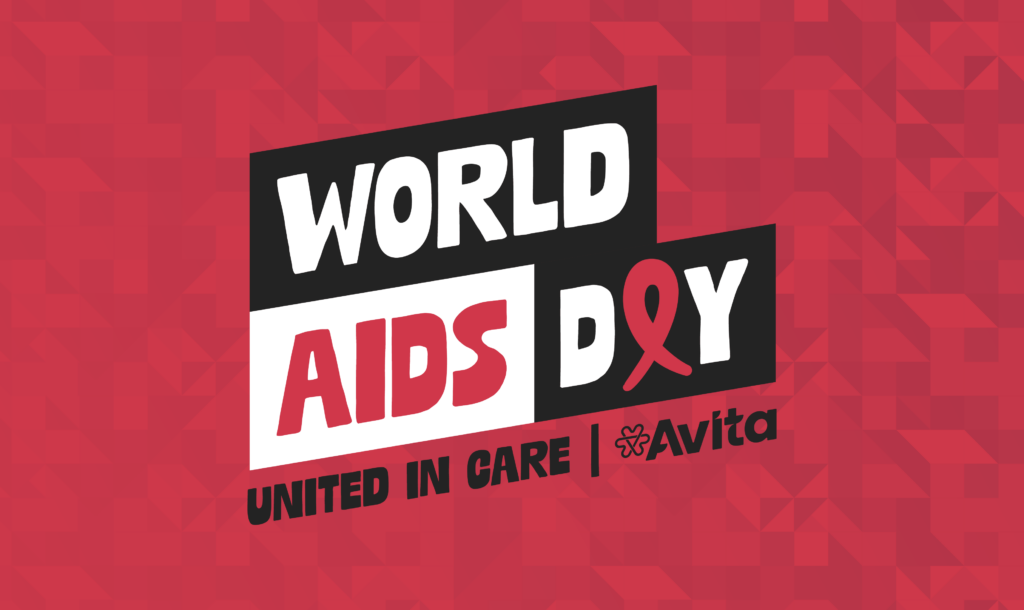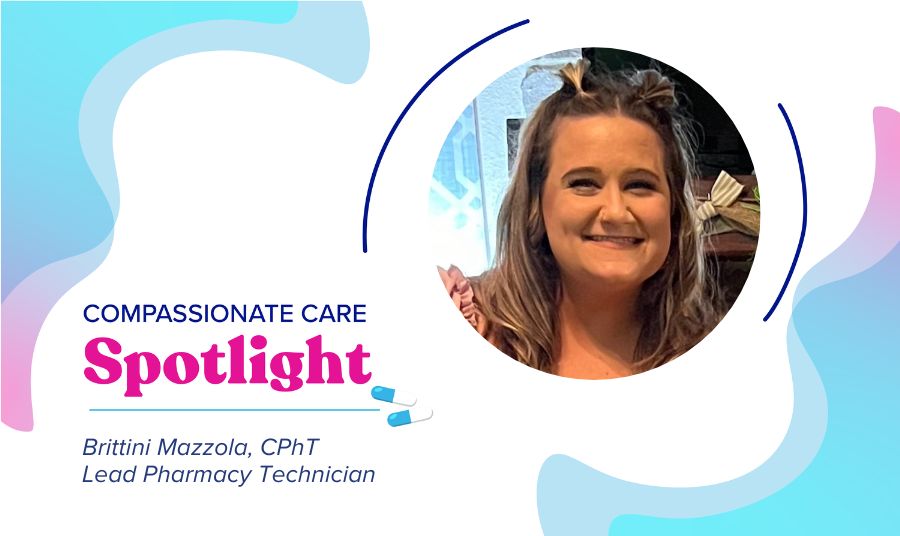As I write this, we’re reaching the end of what’s “officially” LGBTQ+ Pride Month. The first Pride marches were held in New York, Los Angeles, and Chicago on June 28, 1970, to commemorate the first anniversary of the Stonewall Uprising and demonstrate for LGBTQ+ equality. However, some folks might not realize that Pride Month was not nationally recognized until 1999, a direct result of decades of hard-won advocacy.
Fast forward 54 years since the original Pride marches, and a national movement to celebrate and affirm the achievements of the LGBTQ+ community—while inspiring unity in the face of historic civil and medical rights setbacks—has never been more important. Looking at Pride strictly from a healthcare lens, reasons to celebrate can still be found. In the past year, the American Medical Association welcomed its first openly gay president, and The White House recently announced legislation that expands protections against the discrimination of transgender and gay individuals seeking medical care. But other developments have shone klieg lights on an alarming downshift in LGBTQ+ equality. According to the American Civil Liberties Union (ACLU), more than 522 (and counting, less than seven months into 2024) bills targeting LGBTQ+ rights have been introduced, with over 21% of those bills inviting healthcare restrictions on the LGBTQ+ community.
What does any of this have to do with the 340B program? A lot. As covered entities and the service providers who support them, it’s our job to act as a healthcare safety net for our nation’s most marginalized and underserved communities. Whether your covered entity expressly offers services to the LGBTQ+ community or is an organization that provides a broader footprint of community healthcare to those historically burdened with chronic health conditions, members of the LGBTQ+ community more likely than not make up part of your patient base. Consider:
- A recent Gallup poll showed that the number of Americans who identify as LGBTQ+ has doubled over the past 12 years. Each subsequently younger generation is two times as likely as its predecessor to identify as a member of this community (more than one in four Gen Z adults align themselves with the LGBTQ+ community).
- Half of the LGBTQ+ individuals recently surveyed by KFF reported that they had an ongoing health condition that requires ongoing medication or medical care, and a higher percentage are managing chronic conditions and/or living with disabilities than their heterosexual peers.
- Members of the LGBTQ+ community are more likely than non-LGBTQ+ individuals to live at lower income levels. In fact, the KFF survey showed that 44% of LGBTQ+ people earn under 200% of the federal poverty level.
The KFF study also overwhelmingly points to the fact that members of the LGBTQ+ community are up against a laundry list of health equity barriers and face a host of negative healthcare experiences. They reported discrimination during a healthcare appointment at twice the rate of non-LGBTQ+ patients, and half of LGBTQ+ people with a chronic health disease or disability said they had a negative interaction with a medical provider.
How can we work together to offer the LGBTQ+ community the compassionate and comprehensive healthcare that is their human right? To start, both covered entities with experience serving the healthcare needs of the LGBTQ+ population and those with smaller LGBTQ+ patient bases (and perhaps less familiarity with the community’s unique needs) should look to partner with 340B service providers that instill an internal culture and external operational protocols that lead to LGBTQ+ patients feeling heard, compassionately cared for, and safe. Many patients may not vocalize that they need LGBTQ+ services. Regardless, providing culturally competent healthcare is key to addressing stigma and improving your patient experience. Ask your solutions partner about:
- Their history of serving the LGBTQ+ community:
For example, Avita Care Solutions and its legacy companies have been providing compassionate care to the LGBTQ+ community for more than 50 years and have proven expertise in the health concerns that impact the LGBTQ+ community, including a focus on HIV prevention and treatment, sexual wellness initiatives, and gender-affirming care.
- How their internal culture values diversity and LGBTQ+ equality:
I’m proud that for the third year in a row, in 2024, Avita earned 100% on the Human Rights Campaign Foundation’s Corporate Equality Index, which benchmarks LGBTQ+ workplace inclusion. By ensuring our organization’s policies are non-discriminatory and inclusive, fostering a community of support and advocacy for LGBTQ+ team members through our Avita Pride Employee Resource Group, updating our benefits to ensure they reflect the needs and rights of LGBTQ+ team members, and providing information and resources to assist team members transitioning to another gender, we are committed to helping every team member feel welcomed and included at Avita. We pass the same culture of dignity and respect on to those we serve.
- If they prioritize cultural competency training for team members:
Whether they’re on the front lines or not, all Avita team members are educated about best practices in inclusiveness and cultural competency. Our providers (from pharmacy team members to onsite and telehealth clinicians who contract with our covered entity partners) put a premium on offering comprehensive, personalized care to all patients, including those in the LGBTQ+ community. AvitaCare Atlanta was one of only 384 U.S. healthcare facilities (and the only non-hospital facility in Georgia) to receive the “LGBTQ+ Healthcare Equality Leader” honor on the Human Rights Campaign Foundation’s 2024 Healthcare Equality Index.
- Whether they offer the insights of LGBTQ+ health-focused thought leaders:
This year Avita team members presented their findings on LGBTQ+ health at leading conferences, including SYNC, STI Engage, and the National African American MSM Leadership Conference on Health Disparities and Social Justice. The Avita Blog regularly features articles that help our covered entity partners navigate LGBTQ+ health concerns, including mental health tips, interviews with experts on the health of aging members of the LGBTQ+ community, sexual wellness updates, and more.
- How they advocate for LGBTQ+ Pride all year long:
While Pride Month may “officially” be in June, for Avita Care Solutions and our brands—Avita Pharmacy, Q Care Plus, and AvitaCare Atlanta—it’s a year-round celebration. In 2024, you’ll find us advocating for healthcare equality and honoring the culture and achievements of the LGBTQ+ community at more than 40 Pride events across the country. While our teams cannot physically be present at each of the hundreds of Pride events across the nation, we’re diligently working behind the scenes to provide marketing resources, promotional items, and collateral to our covered entity partners in support of their patient outreach efforts.
Pride Month is a vital reminder of our need to celebrate and uplift the voices of the LGBTQ+ community. When covered entities partner with 340B service providers with expertise in understanding and serving the LGBTQ+ community, it’s a win for their patients and the future of their missions.
Glen Pietrandoni
Chief Advocacy Officer
Avita Care Solutions
This article originally ran in 340B Report. Avita is proud to be a sponsor of 340B Report, the only news service covering developments in the 340B program. We’re happy to offer a 25% discount for readers of this blog. The discount is only available for new subscribers. To take advantage of this opportunity, go the subscription page and use the coupon code: AVITA25.




